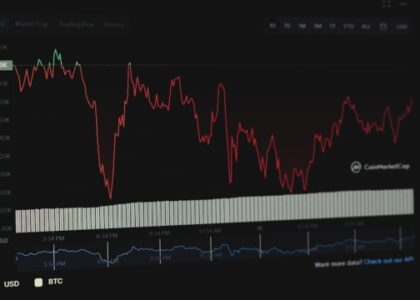What is Quantum Cryptography?
Cryptography is the system of encrypting data, or converting simple textual content into scrambled textual content in order that best someone who has the proper “key” can examine it. Quantum cryptography, by way of extension, genuinely uses the concepts of quantum mechanics to encrypt information and transmit it in a way that cannot be hacked.
While the definition sounds simple, the complexity lies in the concepts of quantum mechanics at the back of quantum cryptography, including:
The particles that make up the universe are inherently unsure and may simultaneously exist in a couple of place or more than one state of being.
Photons are generated randomly in one among two quantum states.
You can’t measure a quantum property with out changing or annoying it.
You can clone some quantum homes of a particle, but no longer the complete particle.
All those standards play a role in how quantum cryptography works.
What’s the distinction between put up-quantum cryptography and quantum cryptography?
Post-quantum cryptography refers to cryptographic algorithms (typically public-key algorithms) which are concept to be comfortable in opposition to an assault with the aid of a quantum pc. These complex mathematical equations take conventional computers months or maybe years to break. However, quantum computer systems strolling Shor’s algorithm could be able to interrupt math-primarily based structures in moments.
Quantum cryptography, then again, uses the principles of quantum mechanics to send at ease messages, and not like mathematical encryption, is certainly un-hackable.
How Quantum Cryptography Works
Quantum cryptography, or quantum key distribution (QKD), makes use of a series of photons (light particles) to transmit information from one area to some other over a fiber optic cable. Quantum Resistant blockchain By evaluating measurements of the residences of a fraction of these photons, the two endpoints can decide what the key’s and if it’s miles safe to apply.
Breaking the manner down in addition enables to give an explanation for it better.
The sender transmits photons through a filter (or polarizer) which randomly offers them one of 4 viable polarizations and bit designations: Vertical (One bit), Horizontal (Zero bit), forty five degree right (One bit), or 45 degree left (Zero bit).
The photons travel to a receiver, which makes use of beam splitters (horizontal/vertical and diagonal) to “read” the polarization of each photon. The receiver does now not understand which beam splitter to use for each photon and has to wager which one to use.





